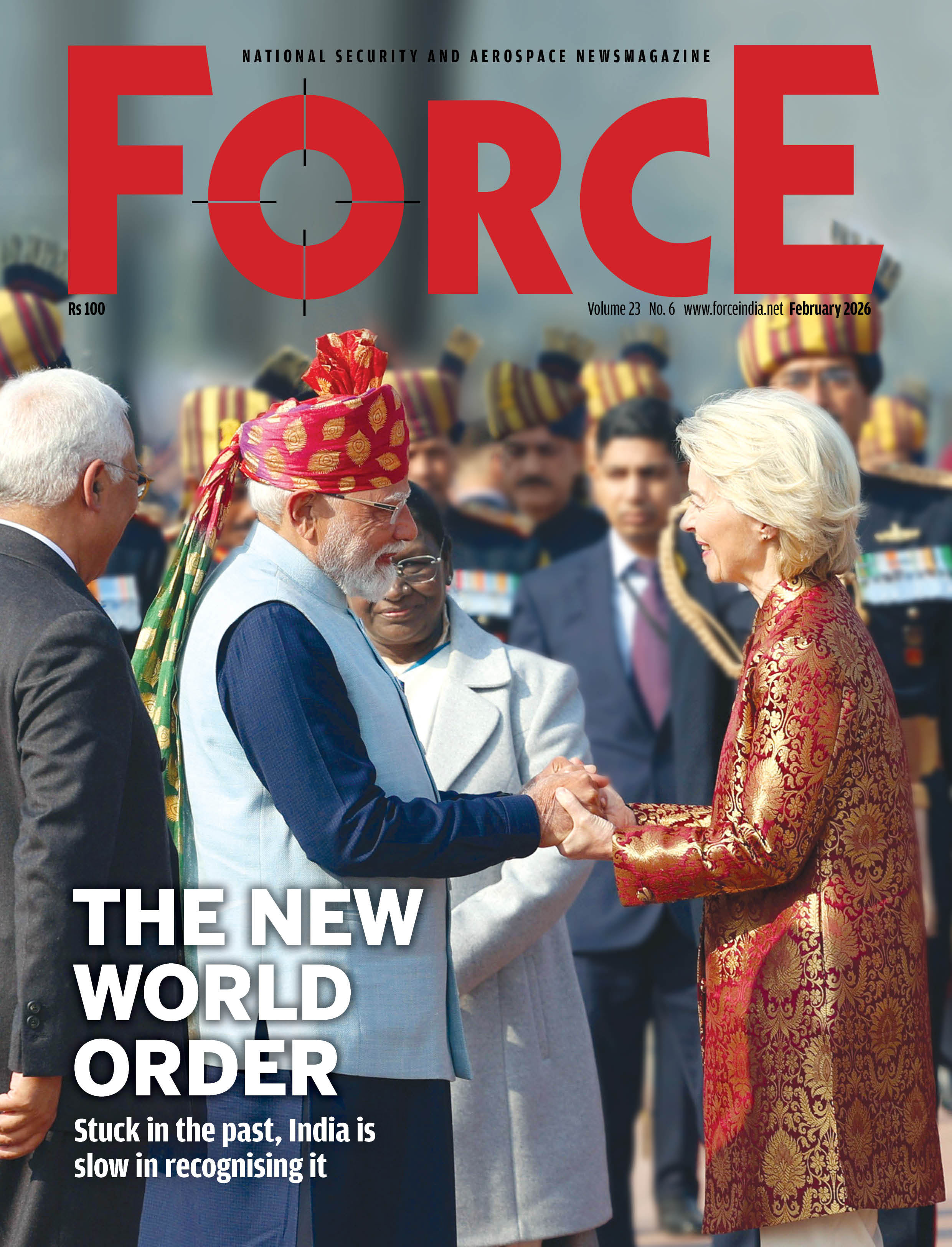The Conversation Begins
Ghazala Wahab’s column First Person in the October issue of FORCE triggered a discussion among military veterans. While some criticized her point of view as a harsh broad stroke, many thought that it deserved a conversation. As a consequence of that some people wrote to FORCE with their perspective. One such response is published below
The Easy Way? Think again
An editorial piece in FORCE magazine started doing rounds in the veteran community on October 8. It was titled ‘The Easy Way.’
The article went to great lengths to criticise the veteran community for indulging in topics of geopolitics and other international affairs and not using its vast pool of experience to deal with subjects closer home, which would benefit the armed forces of India. The article’s tagline read: ‘If the veterans only talk of geopolitics, who will talk about the military.’ The author also elaborates on the reason for indulging in vague and inconsequential geopolitical issues—‘inferiority complex’ and ‘intellectual laziness’ because it is easier to ‘rehash’ material already published in international media and put together an article than to do individual research and come out with a worthwhile original piece on a contemporary matter. And all these are supposedly done to earn accolades as a ‘scholar warrior’ or a ‘thinking general’.
This is a very harsh assessment of a community. Let us examine if the allegations are entirely true. Does the veteran community only deal in geopolitical mumbo jumbo or do they express their opinion on matters affecting the Indian military. There were a few recent issues to which the veteran community had reacted vehemently. Let us take a few of them one by one.
First, the Agniveer issue.
The fifth-largest economy in the world and the world’s largest procurer of arms introduced a scheme called Agnipath in June 2022 because it could not afford the growing pension bill of veterans. The serving personnel were not in a position to criticize the policies of the government, so the veteran community spoke up. The impact of the scheme on the fighting potential of the services, the impact of the rather short training period on technical services like the navy and the air force, the low retention rate that would affect combat strength, etc., were commented upon by many veterans up to and including former service chiefs. This predicament of the Indian military did not feature in the foreign press, so it was clearly not a case of ‘rehashing’.
Next was the creation of Theatre Commands.
When the concept of Theatre Commands was introduced in the Indian context, the three services had different reactions. The stakes were different for the three services and accordingly, veterans of all three services expressed their respective feelings—exhilaration by the army, absolute indifference by the navy, and the stout opposition by the IAF. The rushed implementation of the scheme, the uncertain returns from the structural changes to the forces, the inevitable fight over scant resources between the theatres, the suboptimal utilisation of hugely expensive multi-role jet fighters of IAF, etc were all highlighted in numerous articles in almost all of Indian media. The US, Russia or China, which are quoted as examples by the government for the creation of integrated theatre commands, could not give a rat’s posterior how India divides its not-so-large geographic entity and fritters away its military resources. So, this was entirely a matter of the Indian military, and the veteran community did react.

Lessons learned from current conflicts.
For the students of military science, thankfully, enough conflicts are going on in the world to learn lessons from. Certainly, all the war colleges in the country and the think tanks are cataloguing them for posterity. Regular features appear in different media outlets listing lessons for India. They range from strategic implications of geopolitical shifts to regional security and alliances, technological advancements like AI-driven weapon systems, real-time data analytics for making informed decisions on the battlefield, the use of cost-effective UAVs, etc.
Similarly, there were numerous reactions from the veteran community and elsewhere on the
Subscribe To Force
Fuel Fearless Journalism with Your Yearly Subscription
SUBSCRIBE NOW
We don’t tell you how to do your job…
But we put the environment in which you do your job in perspective, so that when you step out you do so with the complete picture.








 VIDEO
VIDEO